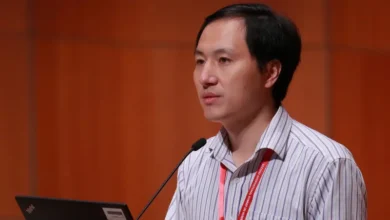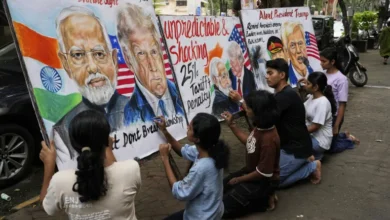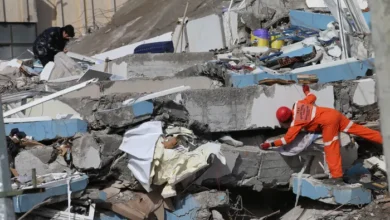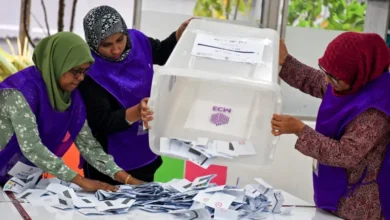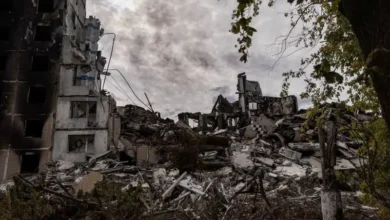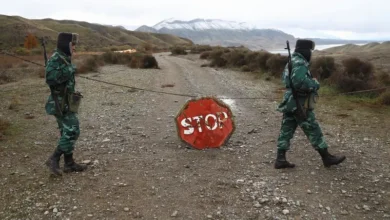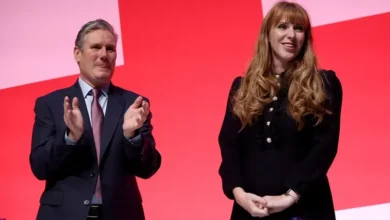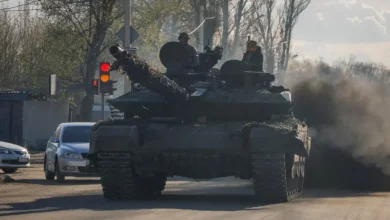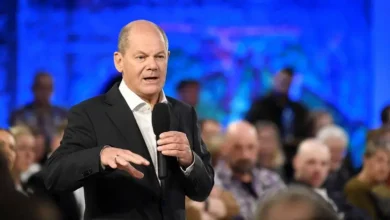Guess who India, Pakistan and Iran are all wooing? The Taliban
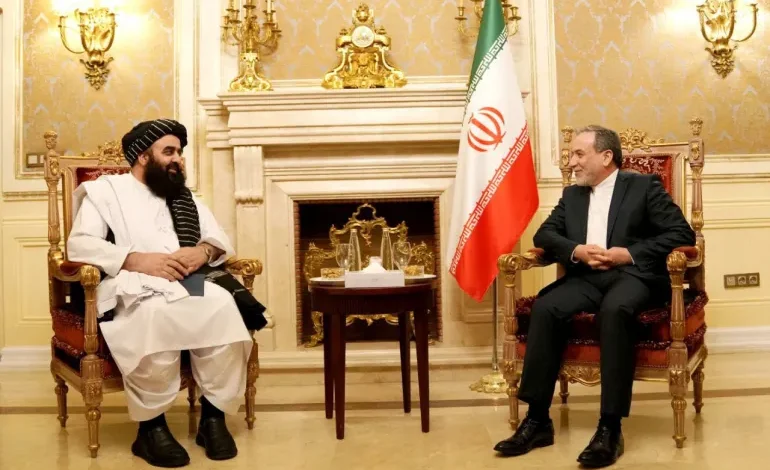
For a country whose government is not recognised by any nation, Afghanistan’s acting Foreign Minister Amir Khan Muttaqi has had an unusually busy calendar in recent weeks.
He has hosted his counterpart from Pakistan, spoken on the phone with India’s foreign minister, and jetted to Iran and China. In Beijing, he also met the Pakistani foreign minister again. On Wednesday, he joined trilateral talks with delegations from Pakistan and China.This, even though the ruling Taliban have historically had tense relations with most of these countries, and currently have taut ties with Pakistan, a one-time ally with whom trust is at an all-time low.
While neither the United Nations nor any of its member states formally recognise the Taliban, analysts say that this diplomatic overdrive suggests that the movement is far from a pariah on the global stage.
So why are multiple countries in Afghanistan’s neighbourhood queueing up to engage diplomatically with the Taliban, while avoiding formal recognition?Who did Muttaqi meet or speak to in recent weeks?
A timeline of Afghanistan’s recent diplomatic engagements:
April 19: Pakistan’s Deputy Prime Minister and Foreign Minister Ishaq Dar travels with a high-level delegation to Kabul to meet Muttaqi and other Afghan officials. The two sides discussed an ongoing spat over Pakistan’s repatriation of Afghan refugees, bilateral trade and economic cooperation, the Afghanistan Ministry of Foreign Affairs said in a statement.
May 6: Dar and Muttaqi spoke again on what turned out to be the eve of India’s attack on Pakistan, leading to four days of missile and drone attacks between the two nuclear-armed neighbours. The exchange of fire took place after India accused Pakistan of being involved in the April 22 Pahalgam attack in Indian-administered Kashmir, which left 26 people dead.
May 15: India’s External Affairs Minister S Jaishankar holds a phone conversation with Muttaqi to express his gratitude for the Taliban’s condemnation of the Pahalgam attacks.
May 17: Muttaqi arrives in the Iranian capital Tehran to attend the Tehran Dialogue Forum, where he also holds meetings with Foreign Minister Abbas Araghchi and President Massoud Pazeshkian.
May 21: Muttaqi visits Beijing. Trilateral talks between Afghanistan, Pakistan and China take place aimed at boosting trade and security between the three countries.Head of the Taliban’s political office in Doha, Qatar, Suhail Shaheen said the group is a “reality of today’s Afghanistan” as it “controls all territory and borders of the country”.
“The regional countries know this fact and, as such, they engage with the Islamic Emirate at various levels, which is a pragmatic and rational approach in my view,” he told Al Jazeera, referring to the name by which the Taliban refers to the current Afghan state.
“We believe it is through engagement that we can find solutions to issues,” he added, arguing that formal recognition of the Taliban government “not be delayed furthermore”.Why is India warming up to the Taliban?
It’s an unlikely partnership. During the Taliban’s initial rule between 1996 and 2001, the Indian government refused to engage with the Afghan group and did not recognise their rule, which at the time was only recognised by Pakistan, the United Arab Emirates and Saudi Arabia.
India, which had supported the earlier Soviet-backed government of Mohammad Najibullah, shut down its embassy in Kabul once the Taliban came to power: It viewed the Taliban as a proxy of Pakistan’s intelligence agencies, which had supported the mujahideen against Moscow.
Instead, New Delhi supported the anti-Taliban opposition group, the Northern Alliance.
Following the United States-led ousting of the Taliban in 2001, India reopened its Kabul embassy and became a significant development partner for Afghanistan, investing more than $3bn in infrastructure, health, education and water projects, according to its Ministry of External Affairs.After the Taliban’s return to power in August 2021, New Delhi evacuated its embassy and once again refused to recognise the group. However, unlike during the Taliban’s first stint in power, India built diplomatic contacts with the group – first behind closed doors, then, increasingly, publicly.
The logic was simple, say analysts: India realised that by refusing to engage with the Taliban earlier, it had ceded influence in Afghanistan to Pakistan, its regional rival.
In June 2022, less than a year after the Taliban’s return to power, India reopened its embassy in Kabul by deploying a team of “technical experts” to run it. In November 2024, the Taliban appointed an acting consul at the Afghan consulate in Mumbai.
Then, last January, Indian Foreign Secretary Vikram Misri and Muttaqi both flew to Dubai for a meeting – the highest-level face-to-face interaction between New Delhi and the Taliban to date.
Kabir Taneja, a deputy director at the New Delhi-based Observer Research Foundation, says not dealing with “whatever political reality sets in in Kabul was never an option” for India.
“No one is pleased per se that the reality is the Taliban,” Taneja told Al Jazeera. However, while India’s “decades-long” efforts to foster goodwill with the Afghan people have faced challenges since the Taliban takeover, they have not been entirely undone.
“Even the Taliban’s ideological stronghold, the Darul Uloom Deoband seminary, is in India,” he added. “These are ties with the country and its actors that cannot be vanquished, and have to be dealt with realistically and practically,” he added.
